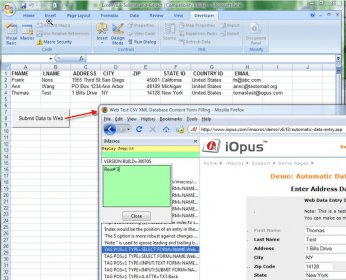
There are haras, hunas, barvaras, gurundas, sakas, khasas, yavanas, pallavas, romajas and those who are situated in different dvipas and in kamaru, china and the middle of the ocean all of them were called with the mantra and burnt to ashes. They meditated on the demigods and offered oblations of mlecchas. They built a yajna-kunda which was 16 yojanas in square (128 miles). Hearing this king Pradyota immediately called the best of the learned brahmanas and started ‘mleccha-yajna’ in Kuruksetra. If you perform a ‘mleccha-yajna’, then by the effect of this sacrifice your father will attain the heavenly planets.”

Having him seated on the seat the sage told king Pradyota, “Your father was killed by the mlecchas, therefore he attained Yamaloka or the hellish planet. Suta Goswami said: Once upon a time in Hastinapura, Pradyota the son of Kshemaka was leading an assembly and meanwhile the great sage Narada arrived there. “Veda” means knowledge, and the Vedic texts contain knowledge of everything – past, present and future.īiblical and Modern History of Kali Yuga from Bhavishya Purana But we should ask ourselves: If there was an empowered saint, who knew past, present and future, and if he chose to write a book named “the History of the Future”, shouldn’t it contain accurate information about the modern times, as the title suggests? We cannot disqualify it simply because it speaks accurately of the British controlling India, Hittler fighting the world, and Max Mueller misrepresenting the Vedic teachings.

Modern scholars reject the contents of Bhavishya Purana mostly on the grounds that its information is too accurate. Though the text was written many thousands of years before the recorded events took place, by the power of his mystic vision, Sri Vyasa was able to accurately predict the happenings of the modern times. Bhavishya means “future” and Purana means “history”, so the text’s name would translate literally as “The History of the Future”. It is listed among the eighteen major Puranas.

The Bhavishya Purana is an ancient text authored by Sri Vyasa Muni, the compiler of the Vedas.


 0 kommentar(er)
0 kommentar(er)
